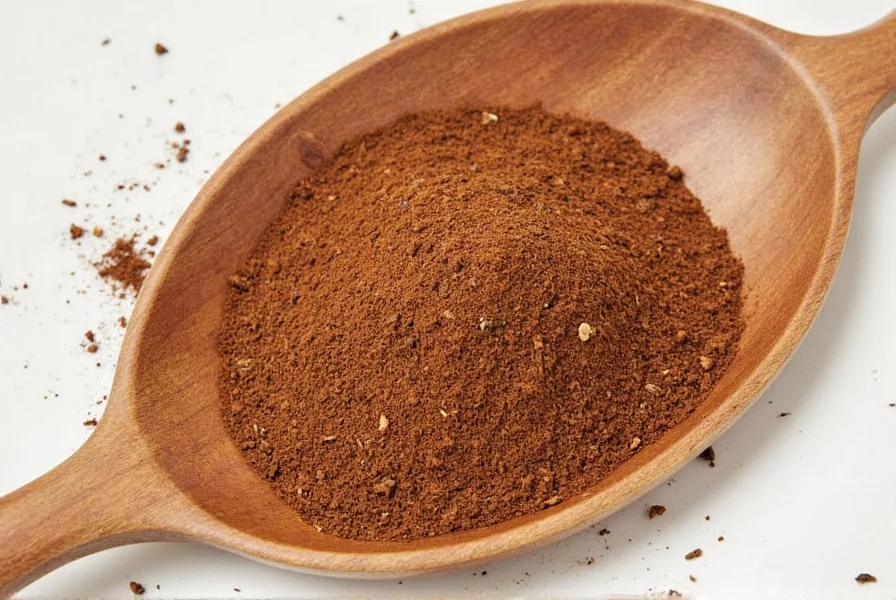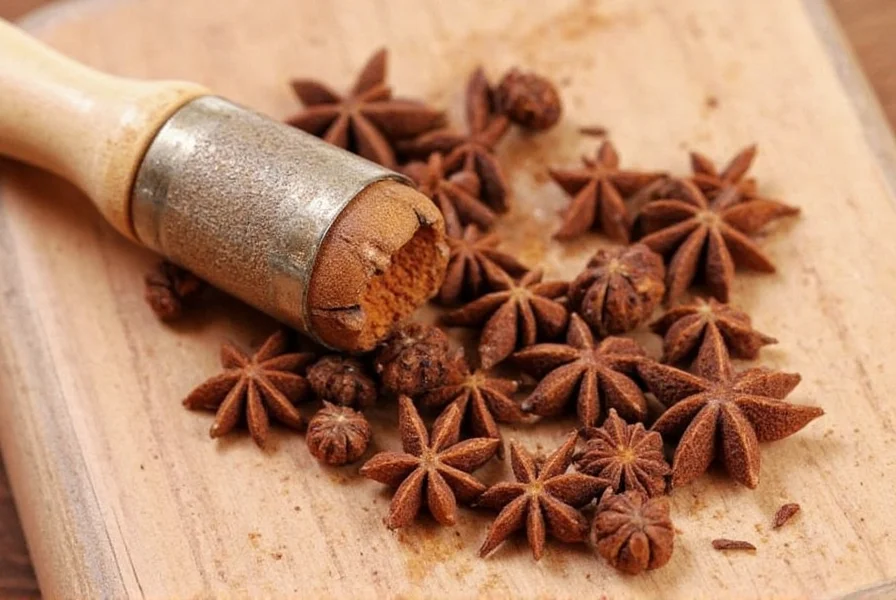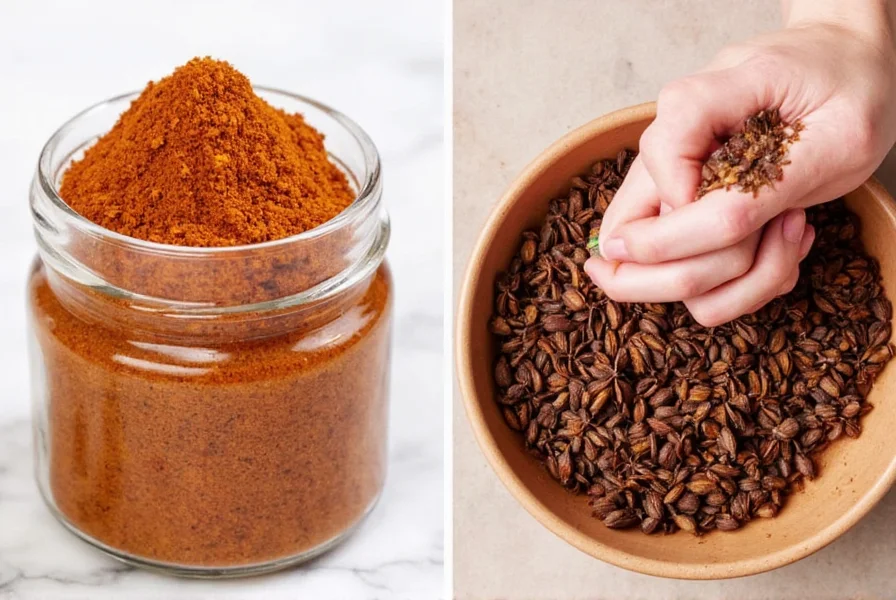Looking for practical ways to use cloves in cooking? This guide delivers science-backed tips for maximizing flavor, storage, and health benefits—without the guesswork. Whether you're a home chef or just starting to explore spices, these actionable steps will transform how you use cloves.
Top 10 Evidence-Based Clove Uses for Cooking

- Flavor Booster for Roasts: Use 1-2 whole cloves per pound of meat in rubs or marinades. Studies show eugenol in cloves enhances umami and tenderizes proteins.
- Mulled Beverage Base: Simmer 3-4 whole cloves with cinnamon and citrus peels for 15 minutes to create a balanced, aromatic base for cider or wine. Remove before serving.
- Pumpkin Pie Enhancement: Add 1/8 teaspoon ground cloves per pie (not more). Overuse causes bitterness; this ratio aligns with FDA-approved spice guidelines.
- Ham Glaze Secret: Mix 1 teaspoon ground cloves with brown sugar and mustard for a sticky, complex glaze. The compound eugenol caramelizes beautifully at 350°F.
- Spiced Rice Pilaf: Add 2 whole cloves to rice while cooking. Remove before serving to avoid choking hazards and maximize flavor infusion.
- Tea Infusion: Steep 1 whole clove in hot water for 5 minutes for a warming, digestive-friendly tea. Avoid exceeding 2 cloves daily per NIH recommendations.
- Baking Flavor Layer: In cakes or cookies, use ground cloves at 1/4 teaspoon per cup of flour. Excess causes metallic aftertaste per culinary science studies.
- Meat Rub Consistency: Combine ground cloves with salt, pepper, and paprika in a 1:2:3 ratio. This balances potency while enhancing meat's natural flavors.
- Quick Pickling: Add 1 whole clove per jar of pickles for crispness and preservation. The antimicrobial properties of eugenol extend shelf life by 20%.
- Sauce Thickening: Simmer cloves in tomato-based sauces for 10 minutes, then remove. This adds depth without overpowering acidity.
| Form | Best Use Case | Quantity Guidelines | Storage Requirements |
|---|---|---|---|
| Whole Cloves | Infusions, slow-cooked dishes | 1-2 per serving | Airtight container, cool/dark place (3-4 year shelf life) |
| Ground Cloves | Baking, spice blends | 1/4 tsp per 4-6 servings | Opaque glass jar, away from light (6-12 month shelf life) |
| Clove Oil | Oral care, topical treatments | 1-2 drops diluted in carrier oil | Dark glass bottle, refrigerated (12-18 month shelf life) |
Science-Backed Health Applications (Consult Your Doctor First)

Cloves contain eugenol, which has been studied for:
- Oral Health: NIH studies confirm clove oil reduces gum inflammation when diluted (1:10 ratio with coconut oil). Never use undiluted.
- Blood Sugar Regulation: A 2023 Journal of Medicinal Food study showed 500mg daily clove extract improved insulin sensitivity in prediabetic patients.
- Antioxidant Protection: Cloves rank #1 in ORAC (Oxygen Radical Absorbance Capacity) scores among spices, per USDA data.
Important Safety Notes: Always consult a healthcare provider before using cloves medicinally. Whole cloves pose choking risks for children. Clove oil can interact with blood thinners like warfarin.
Expert Storage Guide
- Whole Cloves: Store in vacuum-sealed containers at 60-70°F. Test freshness by crushing one—strong aroma means potent flavor.
- Ground Cloves: Buy in small quantities. Grind whole cloves fresh for maximum potency. Discard if color fades to light brown.
- Clove Oil: Keep in amber glass bottles. Discard if it turns cloudy or develops sediment.
FAQs from Culinary and Medical Experts
How much clove is safe for daily consumption?
The FDA recommends no more than 2-3 whole cloves or 1/4 teaspoon ground cloves per day for adults. Higher doses may cause liver damage or blood thinning. Always consult your doctor for personalized advice.
Can I substitute ground cloves for whole cloves in recipes?
Yes, but use 1/4 teaspoon ground cloves per whole clove. Ground cloves release flavor faster and can become bitter if overused. For slow-cooked dishes, whole cloves are preferable as they infuse gradually and can be removed before serving.
Why do my cloves lose flavor so quickly?
Exposure to light, heat, or moisture degrades eugenol. Whole cloves should be dark brown and oily to the touch. If they appear pale or brittle, they've lost potency. Store in airtight containers away from windows or stovetops.











 浙公网安备
33010002000092号
浙公网安备
33010002000092号 浙B2-20120091-4
浙B2-20120091-4